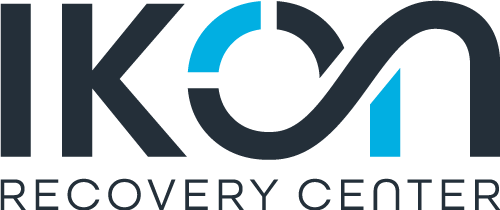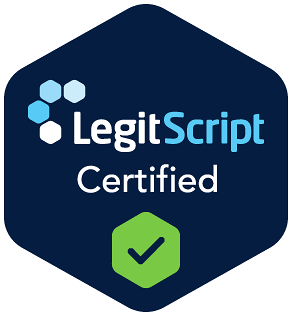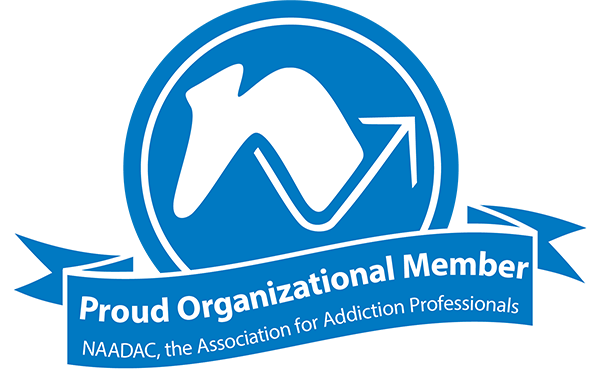Overcoming addiction and mental health challenges requires a considered, whole-person solution, and Ikon Recovery Center provides all our clients with the very best in evidence-based practices and invigorating surroundings. Located in the heart of New Jersey, our team of professionals is driven to see you succeed, supporting you every step of the way.
Motivational Interviewing
Therapy For
Substance Abuse
Grow Your Motivation To Change and Build A New Recovery Process With MI Therapy At Ikon
Transform Your Health With Motivational Interviewing For Substance Abuse At Ikon
What Is Motivational Interviewing For Substance Abuse?
Motivational Interviewing (MI) is an approach to counseling that aims to elicit and strengthen your motivation and commitment to making positive changes.[1] Developed specifically for addiction treatment,[2] MI and its techniques are now widely used across several environments and treatment populations.
MI therapy for substance abuse recognizes that individuals may have mixed feelings about altering their behaviors and works to enhance their intrinsic motivations to guide them towards positive, sustainable changes.[3] The process involves collaborative conversations that are designed to explore and resolve ambivalence, along with the development of new coping strategies.
MI for substance use can be delivered by a credentialed mental health professional, such as a therapist or psychologist, and can also be adapted for use in individual or group settings. The length of time can vary, depending on your unique needs, but Motivational Interviewing for substance use disorders is typically utilized as a bedrock for additional treatment and takes around four to six sessions.
Ikon Recovery Center is proud to offer Motivational Interviewing treatment for substance abuse, addiction, and mental health concerns, along with a bevy of additional treatment modalities. Our nurturing environment gives you the support you need to realize your potential and maintain your recovery – all with the comprehensive care and guidance you need to flourish.
How (and Why) Motivational Interviewing For Substance Abuse Works
Motivational Interviewing therapy for substance abuse is an empathic approach to healing in which individuals work to resolve their ambivalence towards change. Proven as an effective treatment strategy, MI utilizes several core competencies to empower you toward growth:[4]
Collaborative conversations:
MI is non-confrontational and relies on collaborative dialogue, which helps to build a strong therapeutic alliance and foster trust and openness.
‘Rolling’ with resistance:
Clinicians acknowledge your concerns and help you to explore them without argument, promoting a more open and honest discussion.
Exploring ambivalence:
MI therapy interventions recognize that people are often dealing with conflicting feelings about change. Therapists assist clients in exploring and ultimately addressing these conflicts, setting the groundwork for making changes in the future.
Personalized strategies:
Motivational interviewing for addiction works to tailor interventions to your unique situation. Respecting your autonomy for choice, therapists can co-create strategies that best align with your values and preferences.
Empathy and understanding:
MI therapists demonstrate empathy and active listening skills during sessions, taking in your perspective without judgment.
A focus on self-efficacy:
MI emphasizes a belief in your ability to make positive changes in your life. By highlighting your abilities, MI contributes to the development of confidence in your capacity to author a new story and overcome your challenges.
Ikon offers Motivational Interviewing therapy for addiction and substance use disorders, along with several other proven and effective treatment modalities and healing experiences to give you the best possible chance at long-lasting recovery. We believe in your ability to live a life filled with meaning and purpose, so we’re dedicated to offering you the very best in industry-leading care.
The Efficacy of Motivational Interviewing For Substance Abuse
Motivational Interviewing has been widely studied over the years as a treatment modality for substance use and mental health issues, with one landmark study finding that MI was effective for 75% of all participants.[5] Furthermore, MI was studied to be most effective as an introduction to other modalities or in conjunction with them,[6] bolstering its standing as a versatile tool for addiction treatment.
Motivational Interviewing has been demonstrated as effective in reducing alcohol consumption within both inpatient and outpatient settings, as well as for several other addictive behaviors and substance use disorders.[7, 8]
MI Therapy For Substance Abuse at Ikon
Ikon seamlessly integrates Motivational Interviewing into our progressive, integrative, and tailored approach to substance abuse recovery. Your path to healing is an evolution and not a fixed destination—which is why we’re dedicated to cultivating a genuine recovery community where you can thrive and build sustainable skills to carry you forward.
Treating Addiction
Frequently Asked Questions about Motivational Interviewing For Substance Abuse
How long does a typical Motivational Interviewing session last?
The duration of an MI therapy session can vary, depending on your treatment goals, but they typically last around 45 to 60 minutes.
How many sessions of Motivational Interviewing are typically needed for positive outcomes?
The number of sessions is based on individual needs and the complexity of your care. Some individuals may experience positive outcomes in a few sessions, while others may benefit from longer-term engagement.
Is Motivational Interviewing only for those in the early stages of addiction?
No, Motivational Interviewing therapy is effective at various stages of addiction. Whether someone is contemplating change or further along in their recovery journey, MI can be tailored to address their specific needs and goals in substance abuse recovery.
Can Motivational Interviewing be done in a group setting for addiction treatment?
Yes, Motivational Interviewing can be adapted for group settings, fostering a supportive environment where individuals share experiences and motivations for change. Group sessions utilizing MI can be an excellent complement to individual therapy and other ongoing support.
Are there specific populations or demographics for whom Motivational Interviewing is particularly effective?
Motivational Interviewing therapy has consistently shown effectiveness across diverse populations and demographics. It can be tailored to meet the unique needs of individuals, including different age groups, cultural backgrounds, and genders.
Sources
[1] Information, N. C. for B., Pike, U. S. N. L. of M. 8600 R., MD, B., & Usa, 20894. (2019). Motivational Interviewing as a Counseling Style. In www.ncbi.nlm.nih.gov. Substance Abuse and Mental Health Services Administration (US). Retrieved from https://www.ncbi.nlm.nih.gov/books/NBK571068/ on November 14th, 2023
[2] APA Dictionary of Psychology. (n.d.). Dictionary.apa.org. Retrieved from https://dictionary.apa.org/motivational-interviewing on November 14th, 2023
[3] Frost, H., Campbell, P., Maxwell, M., O’Carroll, R. E., Dombrowski, S. U., Williams, B., Cheyne, H., Coles, E., & Pollock, A. (2018). Effectiveness of Motivational Interviewing on adult behaviour change in health and social care settings: A systematic review of reviews. PLOS ONE, 13(10), 1–39. https://doi.org/10.1371/journal.pone.0204890 on November 14th, 2023
[4] Substance Abuse and Mental Health Services Administration. (2021). Using Motivational Interviewing in Substance Use Disorder treatment. Retrieved from https://store.samhsa.gov/sites/default/files/PEP20-02-02-014.pdf on November 14th, 2023
[5] Lundahl, B. W., Kunz, C., Brownell, C., Tollefson, D., & Burke, B. L. (2010). A Meta-Analysis of Motivational Interviewing: Twenty-Five Years of Empirical Studies. Research on Social Work Practice, 20(2), 137–160. Retrieved from https://doi.org/10.1177/1049731509347850 on November 14th, 2023
[6] Koh-Knox, C. P. (2009). Motivational Interviewing in Health Care: Helping Patients Change Behavior. American Journal of Pharmaceutical Education, 73(7), 127. Retrieved from https://www.ncbi.nlm.nih.gov/pmc/articles/PMC2779641/ on November 14th, 2023
[7] Martino, S., Carroll, K., Kostas, D., Perkins, J., & Rounsaville, B. (2002). Dual Diagnosis Motivational Interviewing: a modification of Motivational Interviewing for substance-abusing patients with psychotic disorders. Journal of Substance Abuse Treatment, 23(4), 297–308. Retrieved from https://www.ncbi.nlm.nih.gov/pmc/ on November 14th, 2023
[8] Lim, D., Schoo, A., Lawn, S., & Litt, J. (2019). Embedding and sustaining motivational interviewing in clinical environments: a concurrent iterative mixed methods study. BMC Medical Education, 19(1). Retrieved from https://doi.org/10.1186/s12909-019-1606-y on November 14th, 2023
